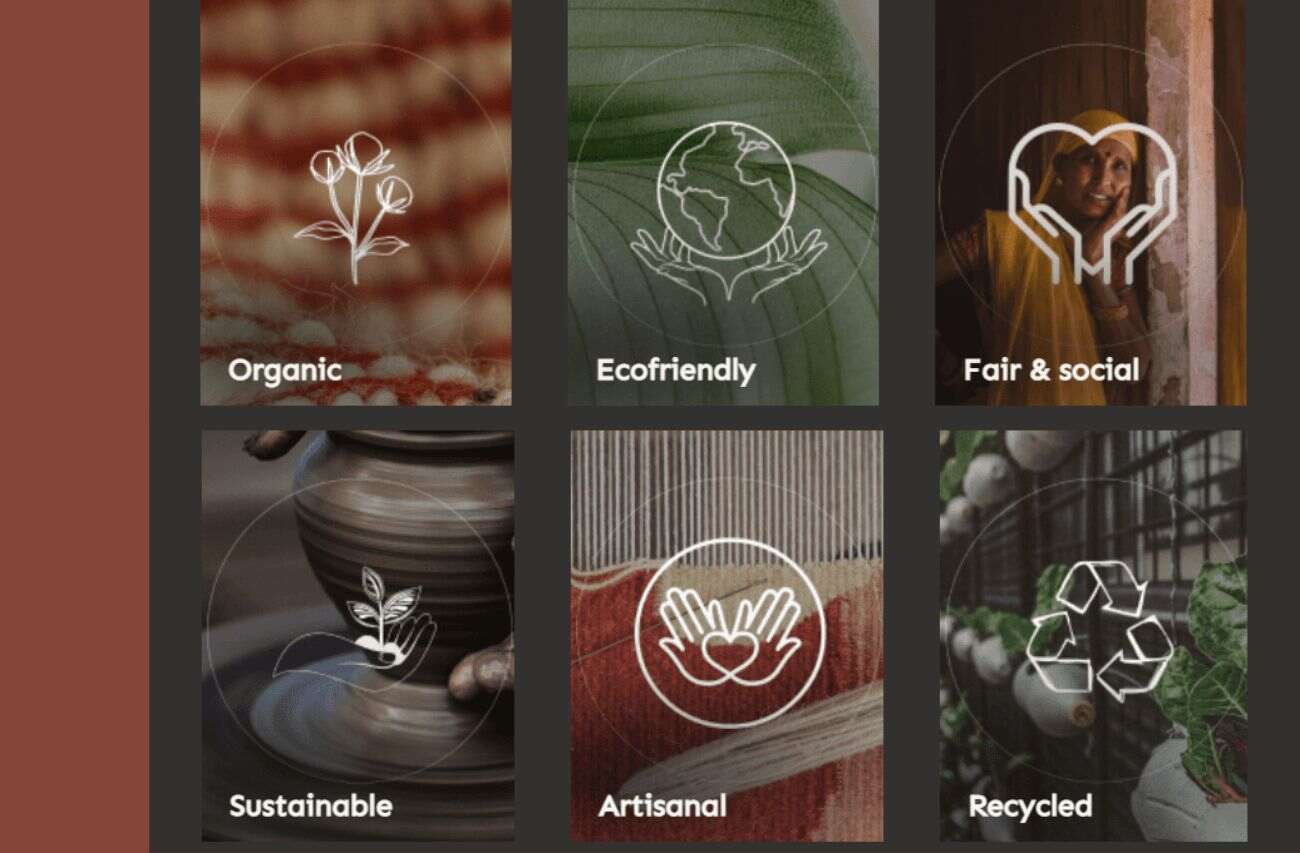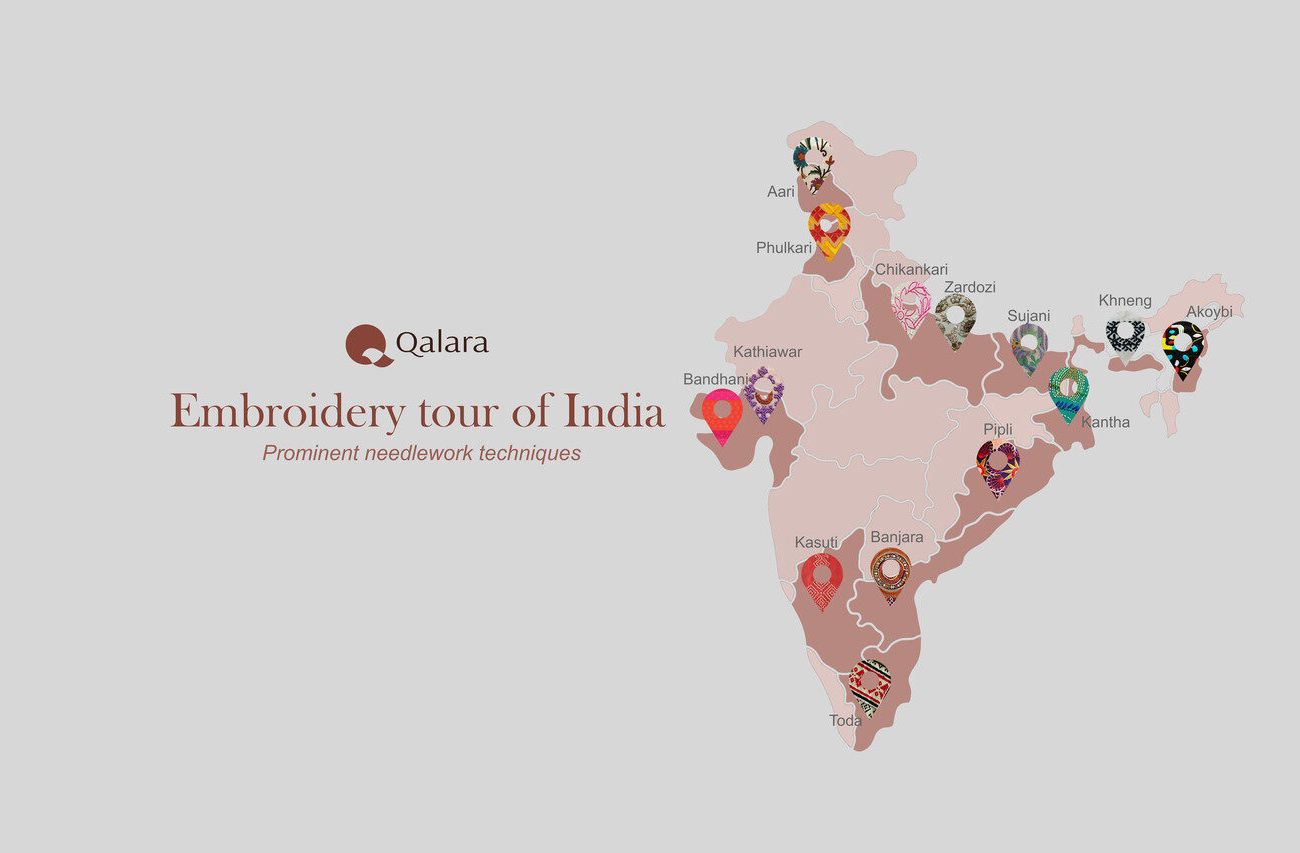
Do customers care about sustainability?
n today's fast-paced world, what is it that keeps a business relevant? While this question continues to evolve, we firmly believe that maintaining relevance is crucial for businesses to thrive. In addition to profits, businesses must prioritize solving problems and delivering value to their customers. Whether through their offerings or services, the essence of a business lies in meeting customer needs and providing meaningful solutions.
By consistently adapting to shifting market dynamics, fostering innovation, and staying customer-centric, businesses can navigate the ever-evolving landscape and remain relevant in the modern-day world.
Talking about solving problems, it is undeniable that climate change is the biggest and one of the most pressing problems we, as a society, face today. As a business owner, you might be considering how to contribute to this cause and whether this is a problem that your customers genuinely care about. Perhaps you are concerned that sustainability may not be a priority for your customers. If so, you are at the right place, because the answer may surprise you.
In this article, we will explore the customers’ wants and the question ‘Do customers care about sustainability?’ We will look at statistics, data, and facts to provide a comprehensive answer. But first, let us discuss the purpose of a business.
Business, whether a product or a service, is all about solving a problem and providing value to customers. When it comes to identifying problems, it is essential to look at the society as a whole. There is a Japanese concept called ‘Sanpo Yoshi’, first conceptualized by Omi Shonin (a class of top-tier Japanese merchants) that dates back to the Edo Period. The phrase ‘Sanpo Yoshi’ in Japanese means “three-way satisfaction” or something that is “good for three parties.” The idea of Sanpo Yoshi is that a business or transaction should benefit not just the buyer and seller, but also society as a whole. With this concept, Omi Shonin had become one of Japan’s most successful and influential merchant groups of that time. Another such concept, the ‘Triple Bottom Line (TBL)’, emphasizes the significance of balancing economic, social, and environmental considerations in business decision-making.
Companies with their eye on their 'triple-bottom-line' outperform their less fastidious peers on the stock market.
~ The Economist
So, by addressing the concerns of not just the buyers but also the society, firms can establish themselves as reliable partners in their customers’ lives.
The conclusion? Creating value for the customers and society and addressing their problems should be one of the core objectives of businesses in order to stay relevant. So, to provide value, in this particular case, sustainability, businesses need to understand their customers’ wants. And how do we do that?
We can understand our customers’ attitudes and viewpoints toward sustainability through careful analysis of various research studies and surveys and whether such values impact their purchasing decisions. With this valuable information, businesses can make informed decisions and meet the demands of their customers. Keep reading to discover whether sustainability is a priority for your customers.
The complex reality of climate change

Climate change, as we know, refers to the long-term alterations in Earth’s climate patterns over an extended period, primarily caused by human activities like the combustion of fossil fuels, deforestation, and industrial procedures that release greenhouse gases into the atmosphere. The increasing levels of greenhouse gases, notably carbon dioxide, trap heat and result in a rise in global temperatures, generally known as global warming.
Climate change has extensive impacts, such as the elevation of sea levels, frequent and severe extreme weather occurrences, shifts in ecosystems, and risks to human health and well-being. It presents substantial hurdles to sustainable development, biodiversity, and the livelihoods of communities across the globe. Tackling climate change necessitates collective action, employing strategies to mitigate its effects and implementing measures for adaptation. This involves reducing greenhouse gas emissions, promoting renewable energy sources, preserving natural resources, and enhancing resilience in susceptible regions. This pressing and intricate global concern calls for international cooperation and the combined efforts of individuals, communities, governments, and organizations to forge a future that is both sustainable and capable of withstanding challenges.
Also read: The causes & dangers of over-production
Increasing public awareness of climate change
In recent times, there has been an evident rise in the level of awareness among the common mass when it comes to climate change. As the scientific consensus on the impact of human activities on the environment has grown stronger, people from all walks of life have come to realize the urgent need for action. Over the past few decades, the understanding and awareness of climate change have increased significantly, owing to a range of contributing factors like scientific studies, media attention, grassroots movements, and educational efforts. As a result, individuals now feel a genuine concern and sense of responsibility, as they acknowledge that climate change is not a distant threat but a pressing and tangible problem that directly affects their lives.
The United Nations Development Programme (UNDP) along with the University of Oxford conducted the world’s biggest-ever survey on public opinion concerning climate change, titled “Peoples’ Climate Vote.” This groundbreaking survey involving over 1.2 million individuals from 50 countries, revealed that a notable 64% of respondents consider climate change a global emergency.

According to new research from the 2022 Mintel Consulting Sustainability Barometer, the number of global customers citing climate change as among the top 3 environmental concerns has risen from an average of 39% to 46% between 2021-22.
This awareness has led to a growing demand for sustainable practices, renewable energy sources, and policies that prioritize environmental conservation. Individuals are making conscious choices in their daily lives, embracing eco-friendly habits, minimizing waste, and actively advocating for change within their communities. The common mass now understands that addressing climate change necessitates collective action, and they are actively partaking in campaigns, protests, and initiatives to amplify their voices and push for meaningful reforms.
According to one Vox reporter’s survey, the number one change people said they wanted to maintain after the pandemic was to reduce their consumerism.
Climate change awareness in the general public has become a catalyst for transformative change, fostering a sense of responsibility and inspiring individuals to work towards a future that is more sustainable and resilient.
What insights do experts offer on this topic?

Before we look at what customers feel about sustainability, it is important to hear what experts, world leaders, and CEOs have to say about sustainability in businesses.
In a recent survey, 63% of CEOs reported that they are launching new product or service offerings for sustainability, and nearly half said that they are investing in renewable energy to reduce dependency on fossil fuel use (49%) and that they are transitioning to circular business models (49%).

If you, a business owner, are here on this page, you definitely care about sustainability. Good news, you are not alone! Several world leaders and CEOs understand the importance of sustainability and the need to address climate change.
Now, let us look at what customers think.
Changing consumer patterns & willingness to buy sustainable products
With increased awareness, people develop a heightened sense of responsibility and an urge to take proactive measures. Is climate change awareness bringing a change in consumer patterns and behavior? Let us look at some important and noteworthy research data from around the world to understand modern-day customers.
⬝ Sustainable consumerism on the rise
- Consumer awareness is spreading. As per a December 2022 Forbes news report, 82% of shoppers want brands to practice sustainability and embrace ‘people-first’ practices.
- According to a survey from IPSOS conducted in late 2019, around 69% of customers worldwide have changed the products and services they use due to concern about climate change.
⬝ Growing demand for eco-friendly products

- According to Mintel, helping the planet brings with it a feel-good factor as an overwhelming 68% of customers globally say doing things that benefit the environment makes them feel happy. While 38% say they want to show other people how they are doing good for the environment (for example, by sharing on social media). A further 24% say they have researched their annual carbon footprint (using online calculators or apps).
- As per a news by Mastercard, more than three in five (62%) say it is now more important than before that companies behave in a more sustainable and eco-friendly way.
⬝ Willingness to pay premium prices
- In a 2020 McKinsey US consumer sentiment survey, more than 60% of respondents said they would pay more for a product with sustainable packaging!
- Cone Communications’ 2020 survey, found that 87% of customers are willing to pay a premium for products that have a positive social and environmental impact.
⬝ Influence of sustainable packaging
- A 2022 survey by Asia Pulp & Paper revealed that 82% of customers consider sustainable packaging important when buying a product, highlighting its significant impact on consumer behavior.
⬝ Generational shift in consumer behavior
- Forbes news reports that Gen-Z is leading the charge. One survey found three-quarters of Zoomer shoppers see sustainability as more important than brand names.
- Customers—particularly Millennials—increasingly say they want brands that embrace purpose and sustainability. In a recent survey, 65% said they want to buy purpose-driven brands that advocate sustainability.
⬝ Good for the environment, good for business
- A study by the Northern Trust Institute found 53% of high-net-worth investors say ESG influences their investment decisions
- An April 2022 study conducted by Sensormatic Solutions, a retail inventory technology company, a division of Johnson Controls, finds that retailers and brands that promote their sustainability efforts are finding it not only good for the environment, but good for business. Among the other findings in the study were the following:
– Nearly 80% of U.S. customers consider sustainability (of a product, the retailer, or the brand) when making at least some purchases
– Almost 80% of retailers believe their sustainability efforts pay off in increased customer loyalty
– 54% of customers read about a brand’s sustainability initiatives
– Half of the respondents believe businesses bear a responsibility to the consumer to operate sustainably
– 70% said they would change their shopping habits if they discovered that a store or brand was not operating sustainably
This data unmistakably indicates that customers are willing to change their buying habits, they are looking for ways to decrease their carbon footprint. The demand for sustainable goods is rising, and they are willing to pay premium prices for sustainable products to support businesses that prioritize one or all of the UN’s Sustainable Development Goals.
Will implementing sustainable initiatives benefit businesses?
A case study that spotlights the benefits of prioritizing sustainability is the well-known outdoor apparel company, Patagonia. Realizing the environmental effect of the apparel industry, Patagonia ventured on a journey to incorporate sustainability into every facet of its business functions and operations. For almost 40 years, Patagonia has supported grassroots groups working to find solutions to the environmental crisis.
By bringing a transparent and proactive approach, Patagonia reduced its ecological footprint. Not only that, the company also boosted a loyal customer base committed to its values. This dedication to sustainability not only aligned with Patagonia’s mission but also proved to be a strategic edge. The company experienced impressive growth and is a great example that proves sustainable practices can drive financial success while promoting a positive environmental impact.
Research into how Environmental, Social, and Governance (ESG) activities have impacted the financial performance of 100,000 businesses indicates that a more responsible business is usually more profitable. Such studies surely provide evidence of the benefits of prioritizing sustainability.
Also read: Rising issues of greenwashing
Conclusion
A lot of data to process, right? But have you noticed, all of it is saying one thing loud and clear, “customers do care about sustainability!”
If you, as a business owner, were concerned about whether your customers care about sustainability, we hope you have got your answer! It is time for businesses and organizations, across industries, to recognize these evolving consumer patterns, adapt their strategies in order to meet the increasing demand for sustainability, and gain a competitive edge in the market.
Here are some pro tips from Qalara:
- As a business, whether offering a product or service, define your sustainable initiatives.
- Be responsible and be transparent. Implement sustainability reporting, a practice that has proven beneficial for numerous large firms and can benefit your business too!
- Explore the latest trends and innovative practices in sustainability, for example, circular economy models.
- Source eco-friendly and sustainable products, this is where Qalara comes in, offering a diverse range of products across categories that are handcrafted by skilled artisans using sustainable and environment-friendly materials. Shop now, here.
- Be cautious of greenwashing and check for the authenticity of sustainability claims, and check for certifications before sourcing. Qalara brings a variety of certified products, conveniently available under one roof. If you find yourself in need of guidance when it comes to understanding certifications, Qalara’s Blog on ‘Compliance check: How to decode certifications‘ could prove to be a valuable resource worth exploring.
With this, we hope you make informed decisions and meet the demands of modern-day customers who care about sustainability more than ever.
~ Written by Utkarsha Rai






Raman
What an insightful article!